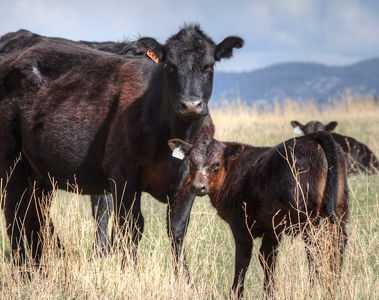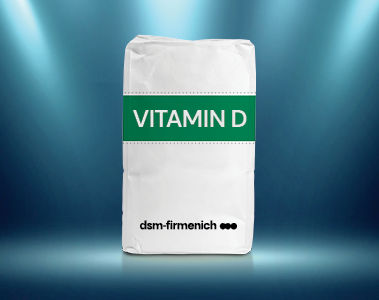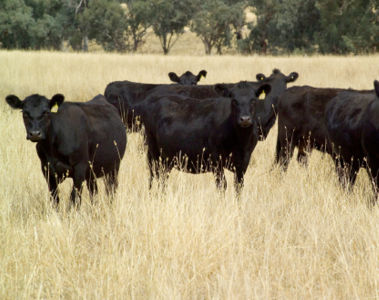In this insightful episode of The Beef Podcast Show, explore the fascinating world of beef cattle management with Dr. Dale Blasi, an expert from Kansas State University. Dr. Blasi shares his extensive knowledge on cattle supplementation strategies, the importance of Vitamin D in beef cattle health, and management practices in the modern beef industry. His experience, stemming from a lifelong journey in agriculture, offers invaluable insights for anyone in the beef cattle industry. Tune in and listen to the full episode.
"The outcome of the animal somehow, whether it's from a consumer perception perspective or the animals' health, is a true sustainability action." - Dr. Dale Blasi
What you’ll learn
- (00:00) Highlight
- (01:20) Introduction
- (06:25) Understanding the beef stocker unit
- (11:34) Vitamin D in beef cattle
- (19:01) Challenges in beef cattle health
- (36:40) Dr. Blasi's approach to limit feeding
- (38:40) Alternative strategies in cattle diet
- (47:15) End of the episode
Meet the guest
Dr. Dale Blasi is a Professor and Extension Beef Cattle Specialist at Kansas State University (KSU) with over 34 years of experience. Dr. Blasi directs research at the KSU Beef Stocker Unit and teaches on Animal Identification technologies. His work encompasses consulting with extension agents and beef cattle producers, focusing on stocker health, nutrition, and management.
Watch the Episode



